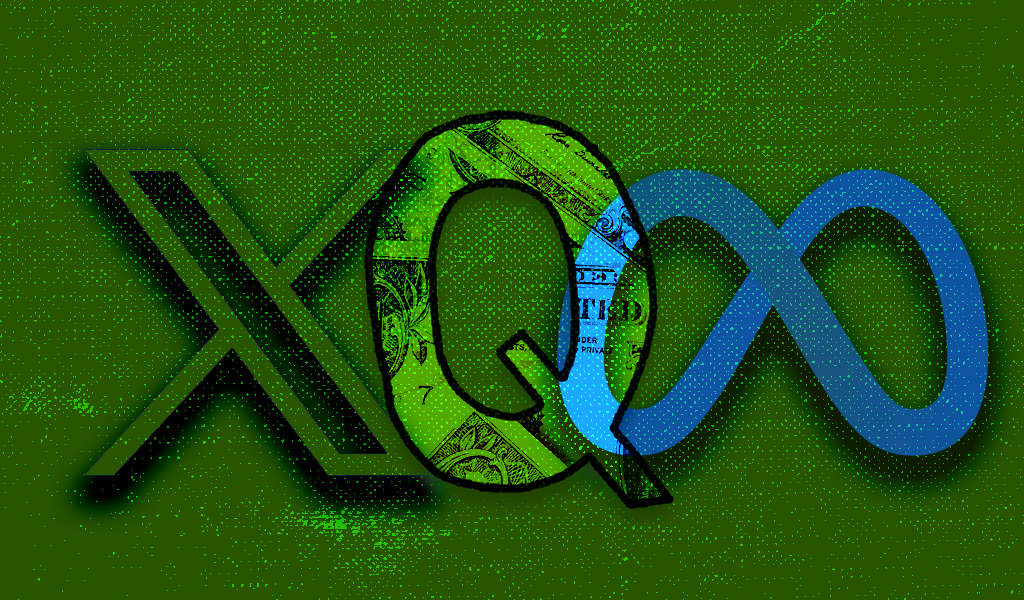Meta and X are still profiting from congressional candidates promoting QAnon

Meta and X (formerly known as Twitter) have continued to make money from the QAnon conspiracy theory — including from congressional candidates who have used their social media accounts to explicitly promote the conspiracy theory.
Both Meta and X have had policies explicitly prohibiting QAnon content. In September 2020, Meta announced a ban on QAnon content in ads on its platforms, and it announced an overall ban of QAnon content days later. In the days following the January 6 insurrection, Twitter announced a broad crackdown on QAnon accounts, though Musk has reinstated numerous QAnon accounts since he bought the platform.
Despite Meta’s continued policies against QAnon content and X’s repeated promises to advertisers about “brand safety,” Media Matters has found that both companies have recently profited from ads containing, or running alongside, explicit QAnon-promoting content from Republican congressional candidates.
On Facebook and Instagram, Reid Rasner, a Republican running for the U.S. Senate in Wyoming, has run over a dozen ads since at least late September featuring the hashtag “#qanon,” as well as seemingly alluding to the QAnon slogan “where we go one, we go all” (or “wwg1wga” for short) with the hashtags “#wwg” and “#wga.” Those ads garnered at least 80,000 impressions at the time of publishing, and Meta earned at least $600 from them. At least 8 of these ads were active at the time of publishing, meaning that Meta is still profiting from the ads.
This article has been archived for your research. The original version from Media Matters for America can be found here.


